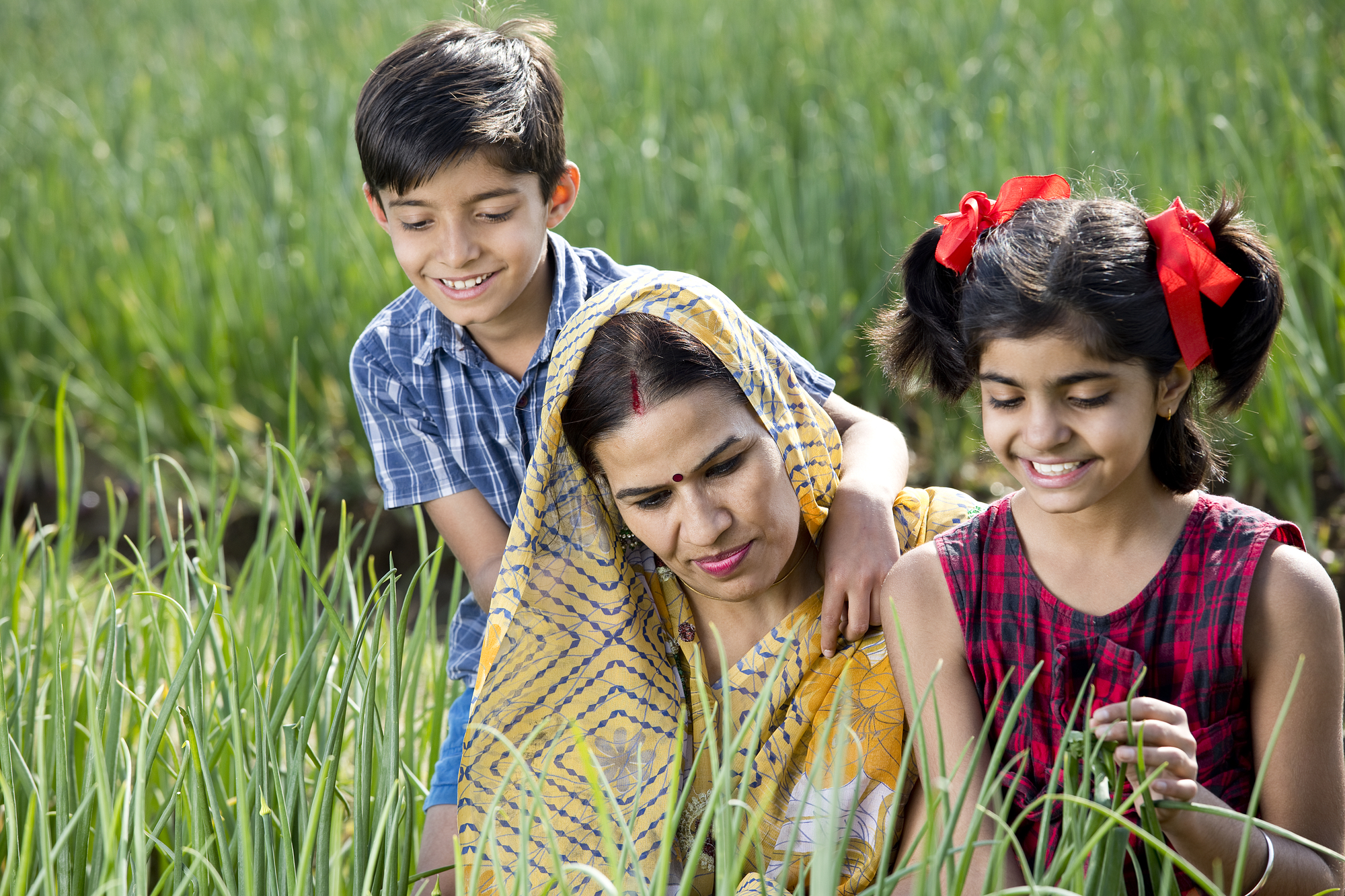Working Together to Achieve a Better Future for the Horticultural Industry – Dr Lynda K Deeks, Dr Chantelle N Jay and Dr Laura H Vickers
Original Article Reference
https://doi.org/10.26320/SCIENTIA177
Share Episode
About this episode
 What does this mean? Share: You can copy and redistribute the material in any medium or format Adapt: You can change, and build upon the material for any purpose, even commercially. Credit: You must give appropriate credit, provide a link to the license, and indicate if changes were made.
What does this mean? Share: You can copy and redistribute the material in any medium or format Adapt: You can change, and build upon the material for any purpose, even commercially. Credit: You must give appropriate credit, provide a link to the license, and indicate if changes were made.Related episodes
Dr John Kershner | Understanding the Causes and Brain Mechanisms Behind Dyslexia
Individuals with dyslexia encounter difficulties in learning to read, despite possessing a normal level of intelligence and having access to qualified teachers and educational materials. However, the causes of dyslexia remain disputed. One suggestion is that dyslexia may be related to stress, either experienced by the afflicted individual at a young age, or through inheriting stress-related biological changes from their parents. Dr John Kershner, a neuropsychologist at the University of Toronto, has conducted extensive research on this alternative hypothesis and provides compelling evidence to support this emerging concept.
Professor Uma Lele | Exploring How India Can Ensure Sustainable Growth and Resilience with Broad Participation into the Future
India has seen impressive economic and institutional growth in recent years, but the country isn’t yet meeting its full potential. In a world that is increasingly volatile and uncertain, how can India overcome its challenges and ensure resilience into the future? In her recent work, Professor Uma Lele explores various ways that India can achieve this.
Professor Ann Nevile | What Evidence Do Policymakers Need to Make Robust Decisions?
Policy decisions are influenced by many factors, from the ideology of the policymaker and their advisors to political expediency. Most would also agree that key political decisions should be evidence-based. However, this is easier said than done. Understanding what evidence policymakers need, and how they should evaluate this, is key for more robust decision-making.
Dr Elif Miskioğlu | Assessing the Value of Intuition for Solving Complex Engineering Problems
Experienced engineers are typically equipped with advanced technical knowledge and a unique professional skillset. These skillskets are often paried with impressive intuition, which allows engineers to devise solutions to complex real-world problems. Engineering faculty at Bucknell University, Embry-Riddle Aeronautical University, and The Ohio State University recently engaged in important research to further our understanding of intuition in engineering practice.
Increase the impact of your research





